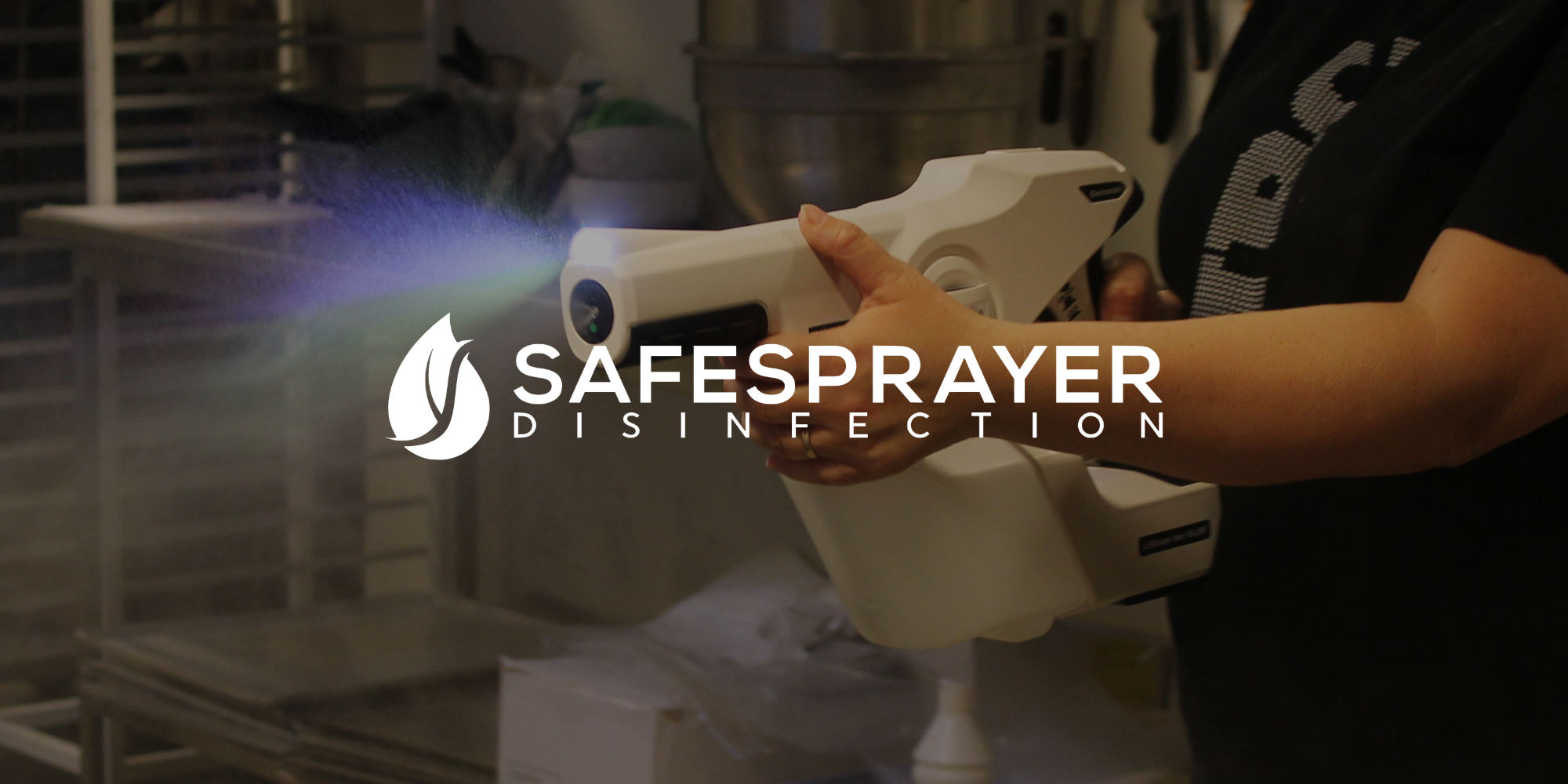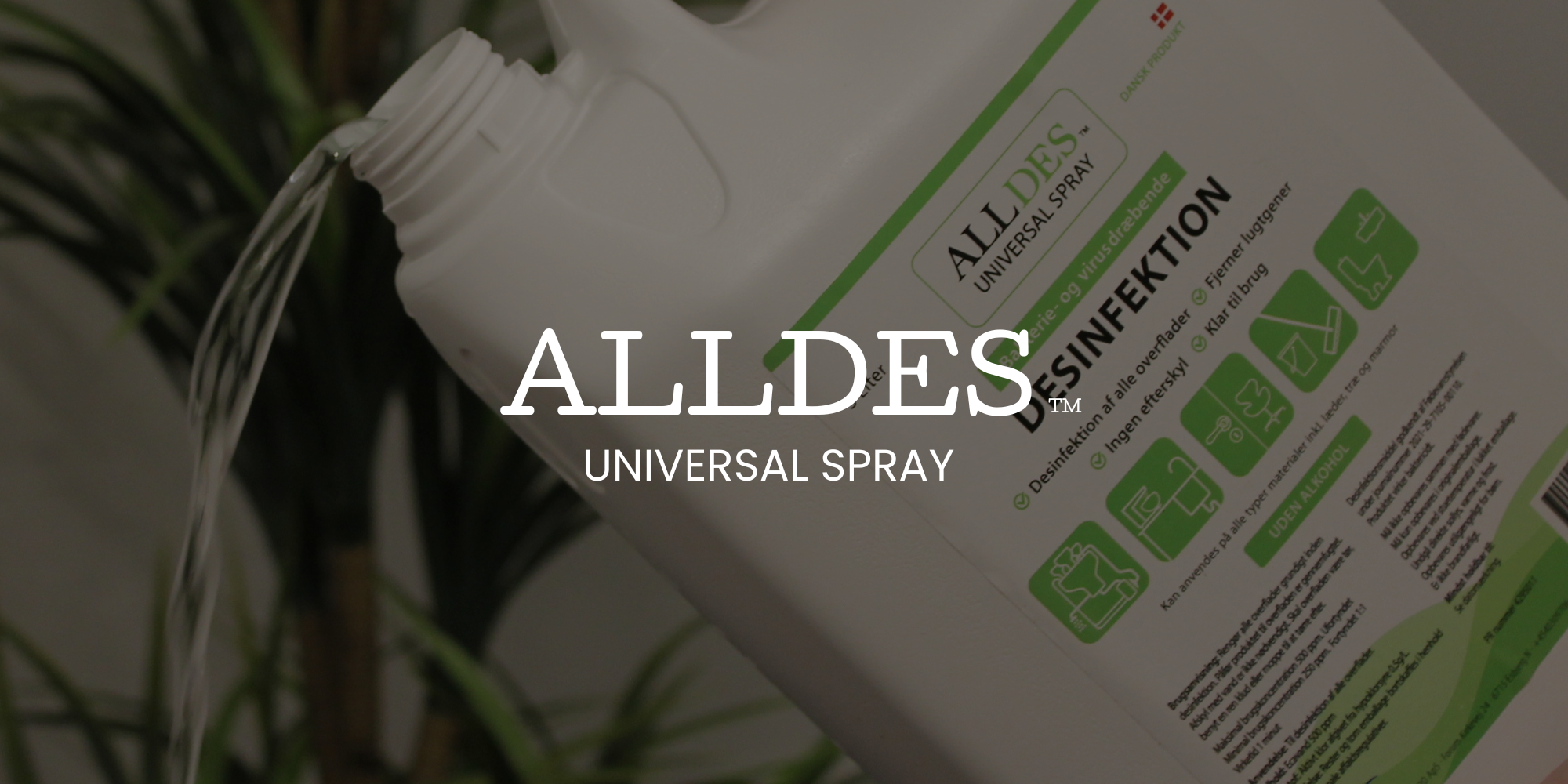Rotavirus is a serious, contagious intestinal infection, and hygiene is therefore essential to prevent its spread and maintain food safety.
What is rotavirus?
Rotavirus is a type of virus that primarily infects the intestines and causes gastroenteritis, an inflammation of the gastrointestinal tract. It is one of the most common causes of diarrhea in infants and young children. Rotavirus is known to be highly contagious and can be spread through ingestion of contaminated food or liquids, direct contact with infected persons or surfaces, and indirectly through faecal-oral transmission.
Spread of rotavirus infections
Rotavirus infections occur globally and affect people of all ages. In a kitchen environment, rotavirus can spread easily, especially if adequate precautions are not taken. It can be transmitted from infected people who handle food or utensils, and can also survive on surfaces for a long time. Outbreaks of rotavirus infections in kitchens can have serious consequences, as it can lead to illness in both employees and consumers.
The consequences of rotavirus infections in a kitchen
Rotavirus infections in a kitchen can have several negative consequences. Firstly, it can lead to illness in the kitchen staff, which can result in absenteeism and loss of productivity. In addition, the infection can spread to the consumers who consume the contaminated food, which can cause severe gastroenteritis and dehydration. This can damage the kitchen's reputation and result in legal consequences and financial losses.
Disinfection against rotavirus
Effective disinfection plays a crucial role in preventing the spread of rotavirus in a kitchen environment. It helps kill virus particles on surfaces and utensils, reducing the risk of infection and spread to food and people. Disinfection is an important part of good hygiene practice and should be implemented regularly in a kitchen to maintain a safe and healthy environment.
How to effectively disinfect a kitchen
To ensure effective disinfection of a kitchen, there are several important steps that should be followed:
Choosing suitable disinfectants - It is important to choose disinfectants that are effective against rotavirus. We recommend ALLDES , which is a safe and well-documented remedy.
Cleaning of surfaces and tools - Before disinfection, it is important to clean surfaces and tools thoroughly. Remove visible dirt and food residues by using suitable cleaning agents and warm water. Rinse thoroughly and allow surfaces and utensils to dry before proceeding with disinfection.
Hand hygiene and personal protection - Good hand hygiene is essential to prevent the spread of rotavirus. Kitchen staff should wash their hands thoroughly with soap and hot water for at least 20 seconds before and after handling food or utensils. Wearing gloves and other personal protective equipment can also help prevent direct contact with viruses.
Correct waste disposal - Make sure you have suitable waste containers available in the kitchen and follow the relevant waste disposal guidelines. It is important to separate waste properly to prevent contamination and the spread of rotavirus.
The importance of training and education - Training the kitchen staff in correct hygiene procedures and education about the importance of disinfection is essential to ensure a healthy kitchen environment. Staff should be aware of the specific risks of rotavirus and be aware of the necessary measures to be taken to prevent infection and spread.
Avoid rotavirus in the kitchen
Rotavirus infections can have serious consequences, but by implementing effective disinfection methods, training staff and maintaining high standards of hygiene, kitchens can reduce the risk of spread. It is crucial to choose suitable disinfectants, clean surfaces and tools correctly, practice good hand hygiene, dispose of waste in the right way and train staff. By taking these precautions, kitchens can maintain a safe and healthy environment that protects both staff and consumers.
FAQ - Frequently Asked Questions
Can rotavirus infections only occur in kitchens? No, rotavirus infections can occur in various environments, but kitchens pose a particular risk due to the close contact with food and utensils.
What are the typical symptoms of rotavirus infection? Symptoms of rotavirus infection include diarrhea, vomiting, fever, abdominal pain and dehydration.
How can I ensure my kitchen is rotavirus free? By following proper hygiene procedures, including effective disinfection , proper hand hygiene and proper cleaning, you can reduce the risk of rotavirus spreading in your kitchen.
Which disinfectants are effective against rotavirus? There are several disinfectants that are effective against rotavirus, including those with active chlorine or alcohol-based agents. Always read and follow the manufacturer's instructions.
When is it important to disinfect surfaces and utensils in a kitchen? It is important to disinfect surfaces and utensils regularly, especially after handling raw meat, after contact with sick people and after cleaning waste.












